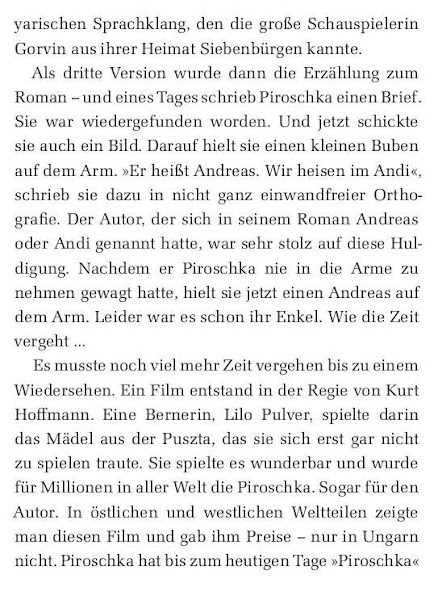On this day in 2015, my friend Hans Moehrke passed away at his home in Cape Town. He and I had met when he stayed at the SAVOY HOTEL in Piraeus where I was a permanent resident during my "Greek days". We breasted the bar on many nights and, over many drinks, bemoaned the state of the world and our place in it, in three languages: Afrikaans, English and German. We were both in commodity trading: I mainly in grains, in lots of 20,000, 30,000, even 50,000 tonnes at a time, whereas Hans was more into pork bellies for which there wasn't much demand from my Saudi masters.
We stayed in touch after my return to Australia in 1985, sometimes through an occasional phone call but more often through letters and postcards. "I was delighted to speak to you on the phone today. Although some ten years or more must have passed since we last spoke with one another, hearing your voice was just as if we had been together only yesterday", he wrote, and repeatedly invited me to visit him and his family in Cape Town. (His daughter Astrid and her husband and their son later emigrated to Adelaide, and I like to think that my supporting letter to the Department of Immigration was of some help.)
Knowing I was again single by choice - just not my choice - he tried to matchmake me by sending me several of these enticing postcards:
On the back he wrote, "I will gladly assist you in trying to source the right partner for you. However my hands are tied until I receive detailed specifications from you. South Africa has many fair maidens to offer, although they may not always be fair in colour as revealed on these postcards. To acquire any one of the wholesome women for the purpose of marriage, you have to negotiate with the parents of the bride to agree on the level of the 'Labola' payment. The price is determined by the status of the family - chief, headman or commoner - whether the bride is a vergin [sic] or not, whether she has illegitimate children, etc. In practice this means you will have to pay plus/minus 200 cows or 40,000 rand for a daughter of a chief, if she is still a vergin [sic]. If on the other hand, if she has had premarital experience, one should be able to negotiate a 25% discount. Should the above proposition arouse your interest and since I am reasonably familiar with local customs, I could of course assist you with negotiations and any physical examination that may be required (here, too, I am qualified) to make sure that you receive value for money."
After he had been diagnosed with Parkinson's disease and his hand-writing had become almost illegible, we phoned each other instead. Then, after I had heard nothing from him for a while, I don't know what made me do it but I googled "Hans Moehrke Cape Town" and found this:
Hans Horst Moehrke was born on 30 July 1934 and passed away on 27 May 2015 in Cape Town. Posted by Remembered Admin, 10 Jun 2015 |
That was ten years ago, and I still miss his postcards and letters and occasional phone calls, his great sense of humour, and even more our long talks breasting the bar of the SAVOY HOTEL. Rest in Peace, Hans!
People die only when we forget them. I shan't forget you, Hans!















